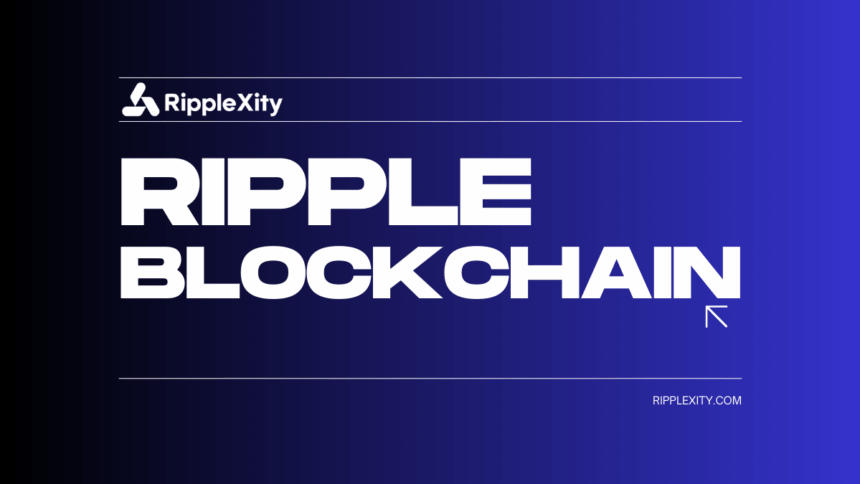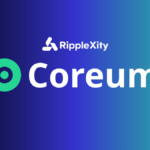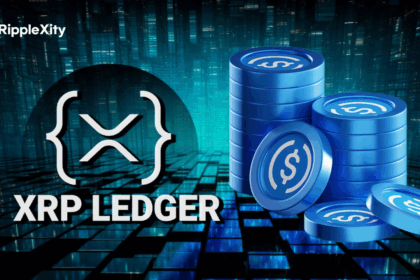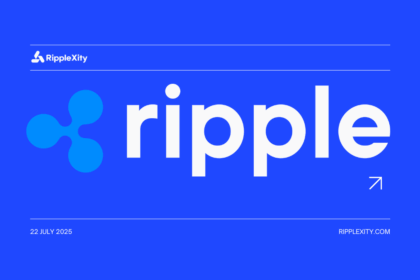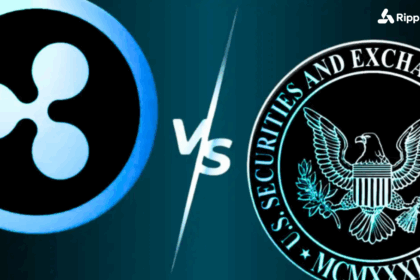As Web3 adoption accelerates, the demand for decentralized identity (DID) solutions is growing rapidly. Centralized user credentials and identity systems are vulnerable to hacks, surveillance, and abuse. The need for self-sovereign, privacy-preserving identity is no longer a theoretical concept — it’s becoming a Web3 necessity.
Ripple, through its support of the XRP Ledger (XRPL) and associated projects, is quietly laying the groundwork for decentralized identity frameworks. With native tokenization, low fees, and fast settlement, XRPL is emerging as a viable infrastructure for secure, scalable, and user-controlled digital identities.
This article explores Ripple’s role in the rise of decentralized identity and how the XRP Ledger may become a foundational layer for DID across finance, healthcare, DeFi, and beyond.
What Is Decentralized Identity (DID)?
Decentralized Identity refers to a digital identity system where:
- Users own and control their identity credentials
- No central authority governs issuance or storage
- Identity data is stored cryptographically, often across multiple nodes
- Verification is done peer-to-peer or via smart contracts
DID frameworks follow standards like W3C’s Decentralized Identifiers (DIDs) and Verifiable Credentials (VCs), and are supported by global initiatives such as Trust Over IP and EBSI (European Blockchain Services Infrastructure).
Why XRPL Is a Strong Candidate for DID Infrastructure
✅ Low-Cost Transactions
XRPL’s ultra-low fees (typically <$0.001) make it ideal for issuing and verifying credentials at scale.
✅ High-Speed Settlement
Identity verification processes can be nearly instantaneous, ensuring usability for consumer and enterprise apps.
✅ Native Tokenization and Trustlines
The ledger’s design allows for:
- Tokenizing access rights and verifiable claims
- Establishing trustlines between identity issuers and verifiers
✅ Proven Uptime and Stability
Over a decade of faultless performance adds trust for enterprise use cases.
Ripple’s Ecosystem Support for Decentralized Identity
🔗 Partnerships & Research
Ripple has contributed to DID discussions in:
- Cross-border payments
- CBDC pilot programs
- Financial inclusion efforts in underbanked regions
Ripple has also expressed support for DID integration in blockchain-based digital wallets.
🛠️ Tools in Development
While XRPL doesn’t natively support DIDs yet, community-driven proposals are in motion to:
- Build DID registries on XRPL
- Use hooks or sidechains for secure, credential-based transactions
- Create interoperable identity bridges across blockchains
Use Cases for DID on XRPL
🧑💼 KYC/AML for Financial Services
- Users can prove identity without revealing private documents
- Institutions get zero-knowledge KYC verification via XRPL
🏥 Healthcare Data Ownership
- Link DID to tokenized health records for patient-controlled access
💸 DeFi Access
- Replace wallet-based access with DID-based permissions
- Reduce fraud in yield platforms, lending pools, and DAOs
🎓 Education & Employment
- Issue verifiable diplomas, licenses, or credentials on XRPL
- Enable global employers to verify applicants instantly
XRPL DID vs. Ethereum-Based Identity
| Feature | XRPL | Ethereum/Polygon |
|---|---|---|
| Transaction Fees | < $0.001 | $0.30 – $5+ (gas) |
| Speed | ~3 seconds | 15s – 2 minutes |
| On-Chain Identity Use | In proposal/dev phase | Already implemented (e.g., ENS) |
| Tokenization Support | Native IOU/token issuance | Via smart contracts |
| Verifier Cost Model | Extremely low | May require gas/wrappers |
Final Thoughts
While many identity projects have launched on Ethereum and Polygon, the XRP Ledger offers an enterprise-grade, cost-efficient, and scalable foundation for real-world decentralized identity solutions.
Ripple’s growing network of financial partners and its commitment to compliance position it perfectly to champion DID infrastructure that is globally accepted, interoperable, and secure.
At RippleXity, we believe that DID will be one of the most transformative uses of blockchain—and XRP Ledger is ready to be part of that future.




